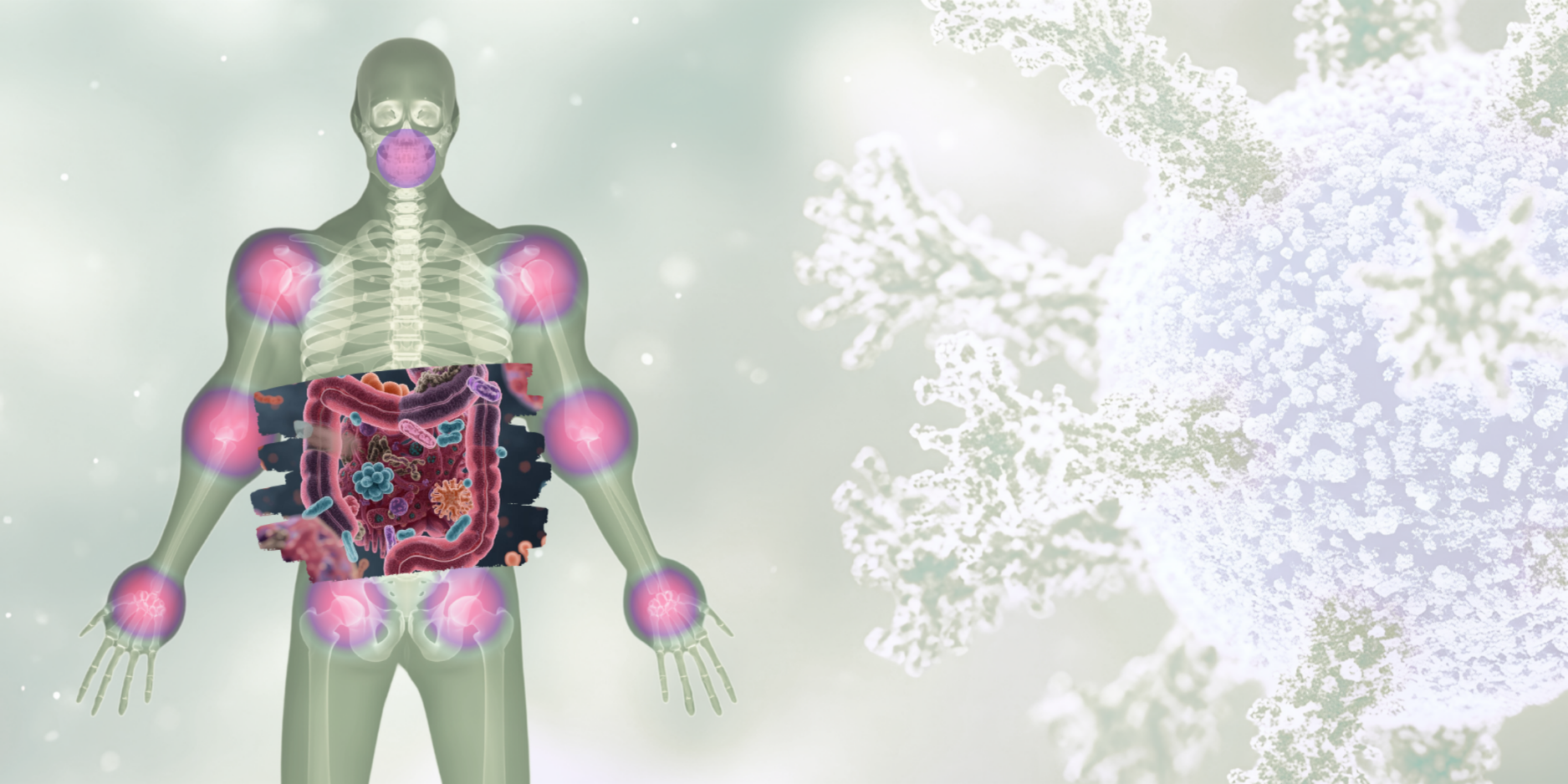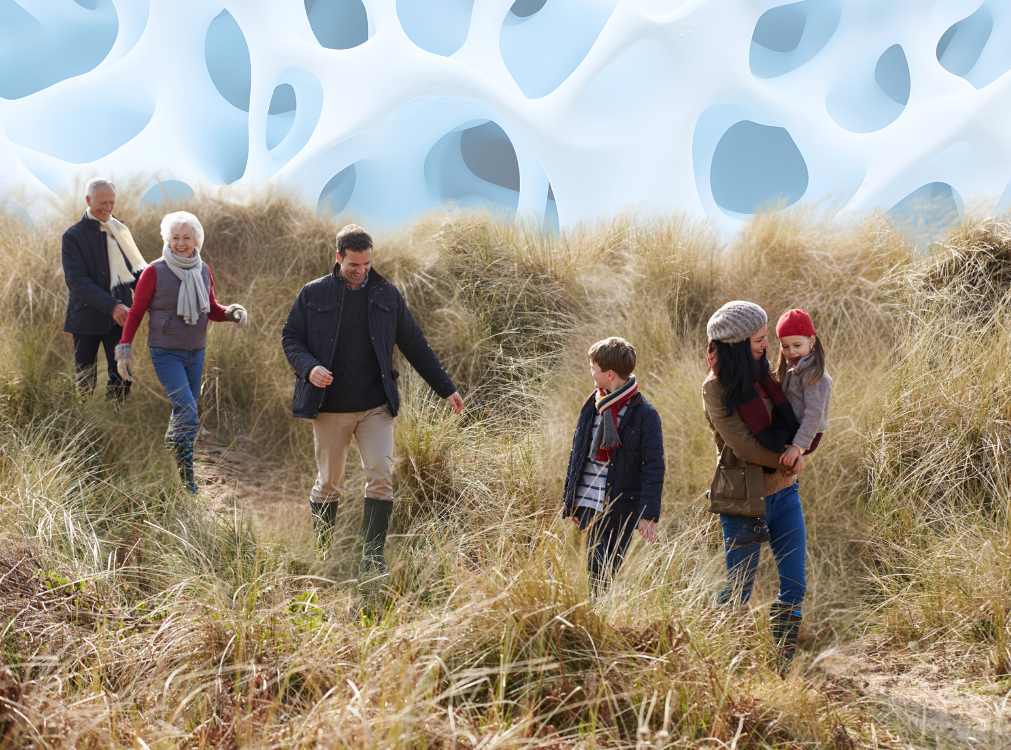Grand challenges
The BJI Grand Challenges Program aligns with the institute's strategic research vision by addressing complex problems through targeted research projects.
The program brings together experts from diverse sectors and fosters interdisciplinary collaborations locally, nationally, and internationally, driving impactful research to address and solve grand challenges.
Teams are awarded $25,000-$50,000 and dedicated BJI staff support time to facilitate team and grant development.
How to apply
The Grand Challenge Competition is open to BJI members only. Please visit our member resources for more information on how to apply, requirements, and timelines. If you have any questions or you are a member but don’t know how to access our member resources, please reach out to westerns.bji@uwo.ca.
BJI Grand Challenges Projects
for more details on the following projects, please contact BJI's Research Officer at: mpollma2@uwo.ca
Big Data to reduce the international burden of spinal pain

Large diverse datasets ("Big data") will dramatically improve our understanding of the massive global problem of spinal pain, disability, treatment methods, and recovery pattern. The unique SPINA rehabilitation registry stands to provide the most comprehensive, diverse, and inclusive data on spinal pain yet. This data-driven biopsychosocial approach will reveal how spine disorders impact health, mobility, and quality of life. Ultimately, the goal is to use these insights to inform prevention and treatment strategies that enhance patient outcomes and promote overall spinal health globally.
Rethinking implant failures to improve patient outcomes

A team of interdisciplinary experts will investigate the root causes of adverse clinical outcomes related to implant materials, which can degrade through corrosion and negatively impact patient health.
When a patient gets a knee, hip, shoulder or dental implant, it should improve their quality of life. This Grand Challenge brings together an interdisciplinary team of surgeons, dentists, scientists, and engineers, to ensure that implants have the best possible clinical outcomes for patients. Every failed implant is thoroughly investigated to avoid similar failures in the future, and to maximize the function and longevity of implants. Patient groups with a high risk of implant failure are identified to improve their treatment outcomes.
Situational Awareness for Effective Movement and Engagement (SAFE ME)

A new BJI research team aims to enhance safe mobility by understanding and optimizing situational awareness, commonly used in high-risk occupations, in everyday life.
Situational awareness is the ability to notice what’s happening around you, understand it, and respond in a way that keeps you safe while completing a task. It’s a concept that’s well-known in high-risk fields like firefighting or the military but hasn’t been widely seen as a core health competency. Our framework emphasizes multisensory detection, clear communication, risk assessment, and the safe execution of movement during everyday activities, which change over time and across different contexts. This research program is the first to prioritize assessing and promoting situational awareness as a key strategy for preventing MSK injuries throughout the lifespan.
Integrating advanced biomaterials and stem cell research to create therapies to reduce the burden of back pain

An international, interdisciplinary team of experts aims to tackle back pain by developing a novel biomaterials platform to deliver regenerative "designer" stem cells to intervertebral discs.
We are developing a new biomaterials platform to deliver stem cells to the intervertebral disc as a new therapy to restore function. This Grand Challenge research will lay the foundation for advancing a novel regenerative medicine approach aimed at improving the health and quality of life for individuals suffering from disc degeneration and back pain.
Non-Invasive Assessment of Lumbar Spine Tissue Quality: A Framework for Future Translation and Intervention

Low back disorders (LBDs) are a considerable problem worldwide, with a lifetime prevalence of 80% among the global population. A growing body of evidence shows that the muscles and soft tissues supporting the spine play a critical role in LBD development. Unfortunately, deterioration of these soft tissues can increase risk for reinjury and are often discovered too late for early intervention.
This project will develop the first non-invasive framework to assess the quality of spinal tissues, combining mechanical testing, advanced muscle recordings, and clinical measures. In partnership with the Canadian Centre for Activity and Aging (CCAA), participants will also take part in activity programs to test whether movement can improve spinal tissue health. Offering the possibility to transform early detection and treatment of back problems, reduce failed spine surgeries, and provide scalable, community-based strategies to improve spine health.
Musculoskeletal Microbiome Network: Building Canada’s Hub for Microbiome and MSK Innovation

Researchers are launching the Musculoskeletal Microbiome Network (MMN), a new research platform based at Western’s Bone and Joint Institute, to explore how the microbiome affects arthritis and MSK health.
The trillions of microbes in our gut, known as the microbiome, play a powerful role in shaping human health, including how our immune system functions and how we experience pain. Growing evidence suggests that the microbiome may be a key player in arthritis and other musculoskeletal (MSK) conditions, but this link remains poorly understood. This team aims to change that.
An Integrative Approach to Advancing Bone Quality and Quantity Across the Lifespan

Osteoporosis and other bone diseases affect millions of Canadians, with many of these bone diseases having influence across the lifespan yet care and research remain siloed and reactive, focusing largely on later life. This initiative will support early identification and prevention of bone and joint disease by shifting from fragmented research to cohesive, interdisciplinary collaboration.
This Grand Challenge team aims to revolutionize our understanding of osteoporosis and bone diseases by (1) developing new, in vivo 3D methods to map trabecular bone microarchitecture using peripheral CT scanning, and (2) launching a national effort to build an integrated, lifespan- oriented bone health database.

